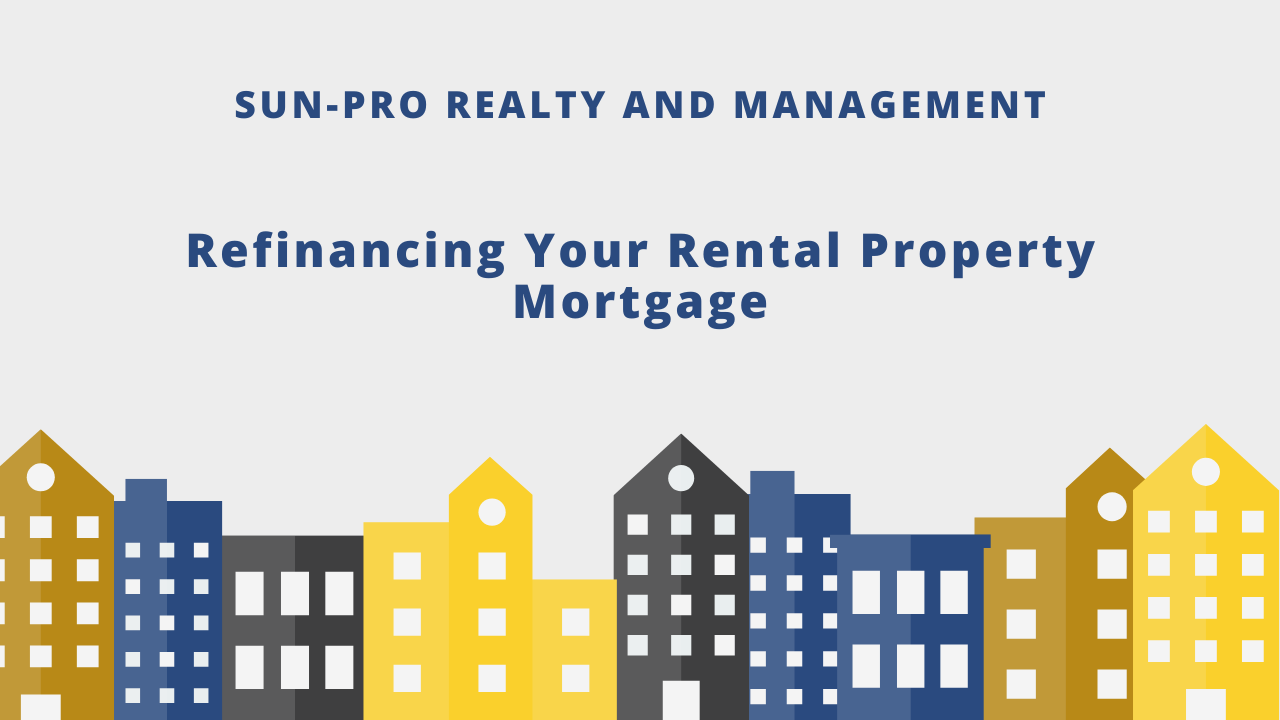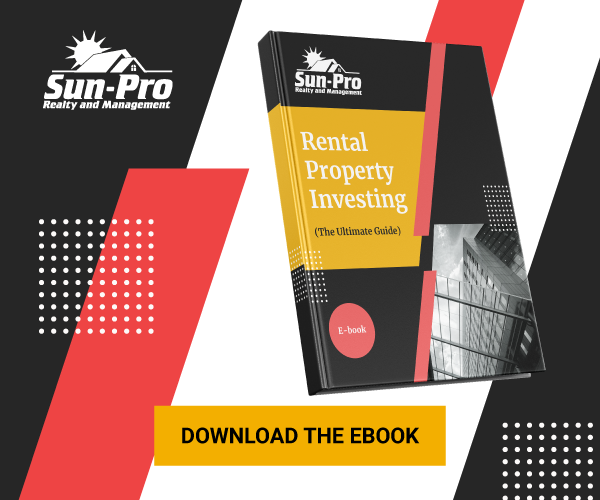
Key Takeaways
- Refinancing can boost cash flow: Lower interest rates or better loan terms can reduce monthly payments, freeing up money for other investments or expenses.
- It’s not always the right move: Refinancing comes with costs and stricter requirements, so it’s important to weigh the pros and cons carefully.
- Preparation is key: To improve your chances of approval, ensure strong credit, sufficient equity, and complete documentation before applying.
Savvy investors know that using a mortgage to buy rental property can be a smart strategy. It allows you to spread payments over time while the property appreciates, and rental income can help cover the mortgage, easing debt and building equity.
However, rental income doesn’t always cover costs, especially with rising interest rates, increased expenses, or frequent vacancies.
In such cases, refinancing can be a valuable tool to lower monthly payments, secure better rates, or adjust loan terms, ultimately improving cash flow and protecting long-term returns.
Want to know if refinancing is right for you? Keep reading as the experts at Sun-Pro Realty and Management break down everything you need to know.
What Is Refinancing?
In basic terms, refinancing is the process of replacing your current mortgage with a new one, usually to get better terms.
Ultimately, the goal is to lower the interest rate and, thus, the amount of the monthly payments, or change the loan length. There are multiple types of refinancing real-estate investors can access, including the following:
- Rate-and-Term Refinance. This replaces your current loan with one that has a new interest rate, term length, or both. It’s typically used to lower monthly payments or pay off the loan faster.
- Cash-Out Refinance. This process lets you borrow more than your existing mortgage balance and take the difference in cash. It’s often used for renovations, debt consolidation, or other large expenses.
- Cash-In Refinance. It involves paying a lump sum toward your mortgage balance to qualify for better terms, like a lower interest rate or shorter loan terms.
- Streamline Refinance. This option is only available for certain government-backed loans (like FHA or VA), and often comes with less paperwork and faster approval, but fewer term changes.
.jpg)
The Pros and Cons of Refinancing Your Rental Property Mortgage
Refinancing can be a powerful tool for improving cash flow and maximizing your rental property’s potential, but it’s not always the right move. You should carefully weigh the pros and cons before making a decision.
Pros
- Lower Monthly Payments. Refinancing your mortgage can help you secure a lower interest rate or extend the loan term, which can reduce monthly mortgage payments. This frees up your cash flow for other investments or expenses.
- Access to Equity. A cash-out refinance allows you to tap into your property’s equity to gather funds for renovations, debt repayment, or additional investments.
- Better Loan Terms. Swapping an adjustable-rate mortgage for a fixed-rate one gives you more stable loan terms.
- Faster Repayment. Shortening the term of your loan can help you build equity and reduce the total interest paid over time.
- Potential Tax Benefits. Interest on mortgage payments for rental properties may be tax-deductible, offering additional financial advantages.
Cons
- Costly Fees. Refinancing typically involves fees such as appraisal, origination, and title costs, which can be substantial.
- Stricter Requirements. Lenders may have higher credit scores and equity requirements for refinancing investment properties like rental properties.
- Risk of Higher Payments. If you choose a shorter term or rates increase before you lock in, your monthly payments could rise.
- Lower Equity. Taking cash out decreases your equity, which can affect long-term returns and property value appreciation benefits.

A Step-by-Step Guide on How to Refinance a Rental Property
Refinancing your mortgage doesn’t have to be an overly complicated process. Following this step-by-step guide can help you:
Ensure You Meet the Qualifications
Lenders often evaluate factors like credit score, rental income, property value, and debt-to-income ratio to approve a refinanced loan. You must determine whether you’ll be a good candidate beforehand. So, before applying, take the time to:
- Calculate your equity.
- Check or improve your credit score.
- Ensure you have sufficient savings for closing costs and additional fees.
- Determine whether refinancing will help you reach your long-term investment goals.
Gather Important Documents
If you decide to go ahead with the refinancing process, the first thing you can do is ensure you have all the necessary documentation in hand. This should include:
- Proof of Income. It can be recent pay stubs, tax returns, and savings account statements.
- Asset Statements. Bank statements and investment account summaries are great for showing how much profit your property is generating.
- Property Records. Make sure you have the contract for the existing mortgage, property tax statements, the deed of the house, and insurance policies.
Having all these documents ready will save you plenty of time during the application process.
Shop Around to Find the Right Lender
Just like with any other loan, you shouldn’t just go with the first lender you find. Instead, you should shop around to find the best interest rates and loan terms. Applying with multiple lenders will help you find the best terms and conditions for your investment.
Wait for the Appraisal
Lenders tend to scrutinize rental property refinances more closely than primary residences. After submitting your application, the bank or lender may order an appraisal to calculate your property’s current value.
To ensure it goes well, you must ensure that your property is in good condition. So, make sure to clean and address any repairs before applying.

Receive an Approval (or Refusal)
Refinancing decisions typically take 30–45 days, but can be quicker depending on documentation, appraisal timing, and the lender’s workload, sometimes as fast as two weeks.
If approved, you can move forward. If denied, don’t worry, work on improving your credit, lowering debt, or increasing equity before reapplying. You can also explore other lenders, such as credit unions or private options, to boost your chances.
Review the Loan Terms and Close the Loan
After approval, review the loan terms carefully, interest rate, repayment period, monthly payments, and fees. Make sure they align with your goals. If not, discuss alternatives with your lender.
When ready, attend the closing, pay closing costs (typically 2–5% of the loan), and sign the documents. The new loan will pay off your current mortgage, and you'll begin payments under the new terms.
Bottom Line
More often than not, successful investors use leverage to pay off their investments. But only a few know of the benefits of refinancing an existing mortgage.
Refinancing a rental property can lower the monthly payments, free up cash for improvements, or help you secure better terms.
While it’s not the right choice for every situation, understanding your options and timing can make it a powerful financial tool. By weighing the pros and cons carefully, you can ensure refinancing supports both your short-term cash flow and long-term investment goals.
Want to know more about refinancing a rental property in Florida? Contact Sun-Pro Realty and Management!
